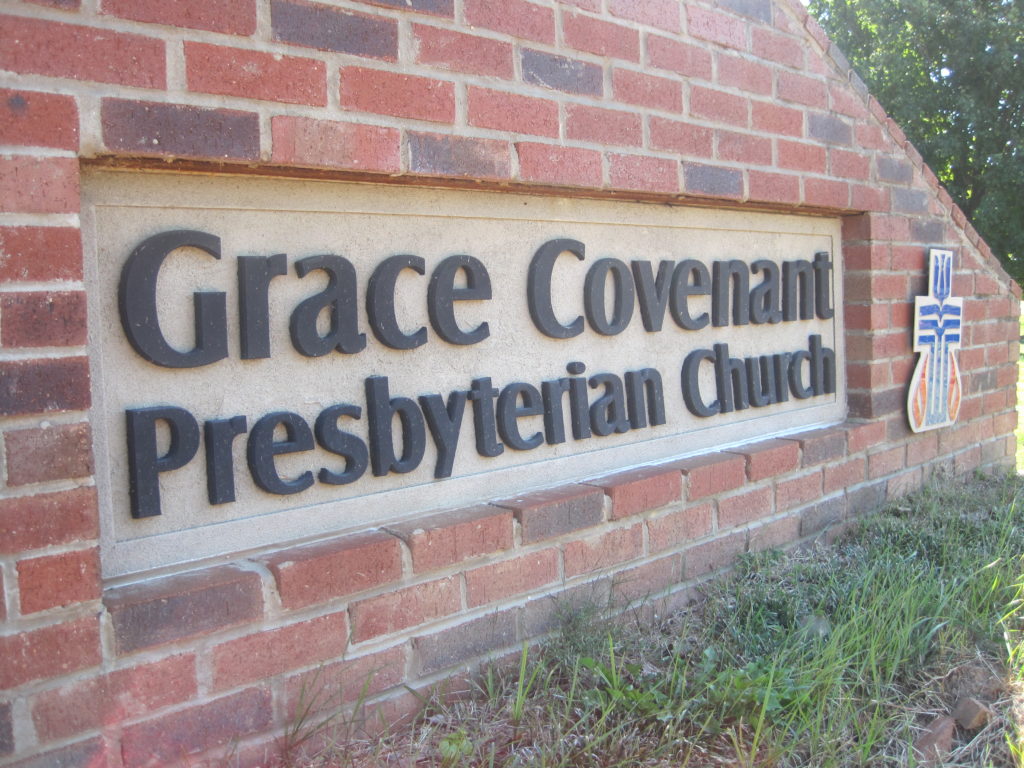Waiting
December 3, 2020
I’ve never really liked the Christmas season. This changed when former pastor Mark Ramsey lead the congregation in a real Advent season not a Christmas season. We didn’t sing Christmas carols until after Christmas Eve. But rather we sang Advent hymns. Christmas doesn’t begin until Christmas Day and the beauty and reality of the season is lost if it is celebrated early.

Marcia Mount Shoop has the same idea. Due to Covid-19, we are not having worship in person. Grace Covenant is blessed with a man, Luke Johnson, who knows how to use technology in worship so he has really transformed the services. I’ve actually enjoyed worshipping online although I do miss the human contact.
The Scripture reading was Mark 3:24-37. Mount Shoop’s sermon had a strong waiting theme. She started out by listing all the things for which we are currently waiting. Some of those are: waiting for a vaccine, waiting to see people face to face again, waiting in line for a COVID test, waiting in line to vote, waiting for election results etc., etc. Luke Johnson peppered this list with pictures that made each thing more vivid.
She then said this passage is called “The Little Apocalypse.” It came from a “traumatized community…. It seems to have involved violent conflict, destruction of sacred space, imperial crack downs, cultural conflict and massive societal shifts in relationships and alliances.” Mount Shoop’s list at the beginning of her sermon pointed to the fact that we are living in a little apocalypse right now
In describing the apocalypse of Scripture, she said that our illusions and delusions are shattered just like they are today. “Apocalypse is about redemption; apocalypse is about healing and about truth.” She continues: “The Gospel writer is saying, don’t mistake the tumult of our time for reason to despair…. God’s birthing power is not deterred by the destruction of the world as we know it. That destruction is the labor pangs in full force.” (Bold is mine)
We are in a time of great labor pains, a time of “faithful waiting.” She cited brain science that says visualizing the worst and the best bring greater outcomes than just being optimistic all the time. Apparently, if you focus too much on the positive, you can actually pacify your brain and your energy level.
She says we must expect the worst and the best. Only then will we be prepared
She tells the story of Michael Phelps who had a vision to win the butterfly race and to not only beat the world record but surpass it. It seems that being optimistic isn’t all we need to succeed. We need to also prepare for the worst.
When Phelps began the race, his goggles filled with water. If he removed them, he would be disqualified so he did what he had already imagined he would do. He counted his strokes and won breaking the world record. He didn’t do as well as he hoped but he still broke the record.
“Hope alone is not enough. Radical honesty is also required.” I have a habit of visualizing the worst. I’m going to try to be not so pessimistic but add optimism.
I will be meeting with the validation committee of the Presbytery of Western North Carolina next week to become validated as a “minister of vulnerability.” My tendency is to expect the worst but I’ll do so much better if I think of both the best and the worse. Probably some on the committee will think it’s a great idea. However, others might disagree. I want to be ready for both.
Marcia encouraged me to think of this as changing the whole culture of the church. My call is to be more “being than doing.” She used Adrienne Marie Brown’s quote, “change moves at the speed of trust.” They have to trust me and the urging of the Spirit so we can change together.
So this is what I am waiting for now. I want to be a part of the change – an Advent change, if you will.
